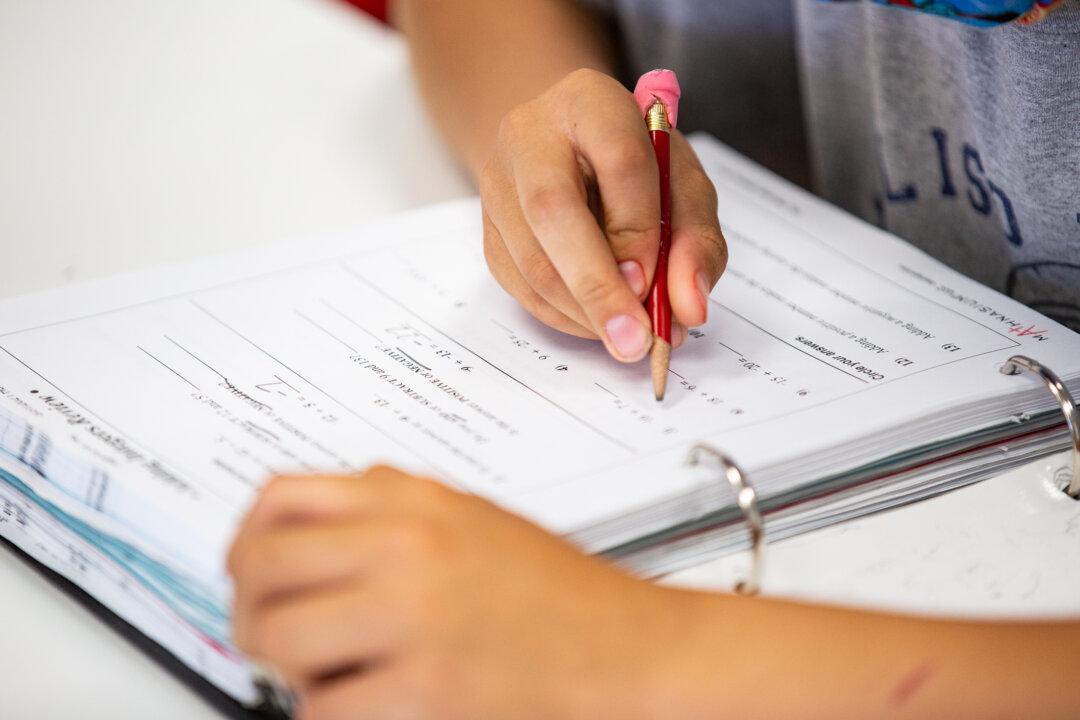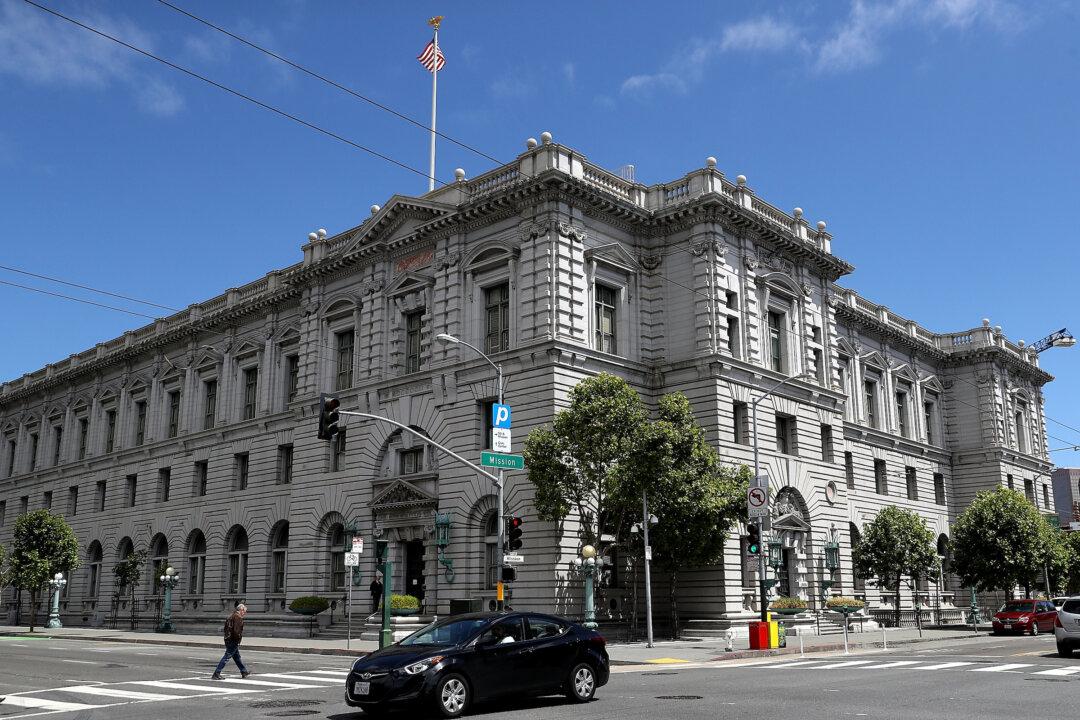Commentary
In the interest of “math equity”—doing something about racial disparities in accelerated mathematics classes for gifted middle-school and high-school students—the state of California is considering simply doing away with public schools’ accelerated math track altogether.





